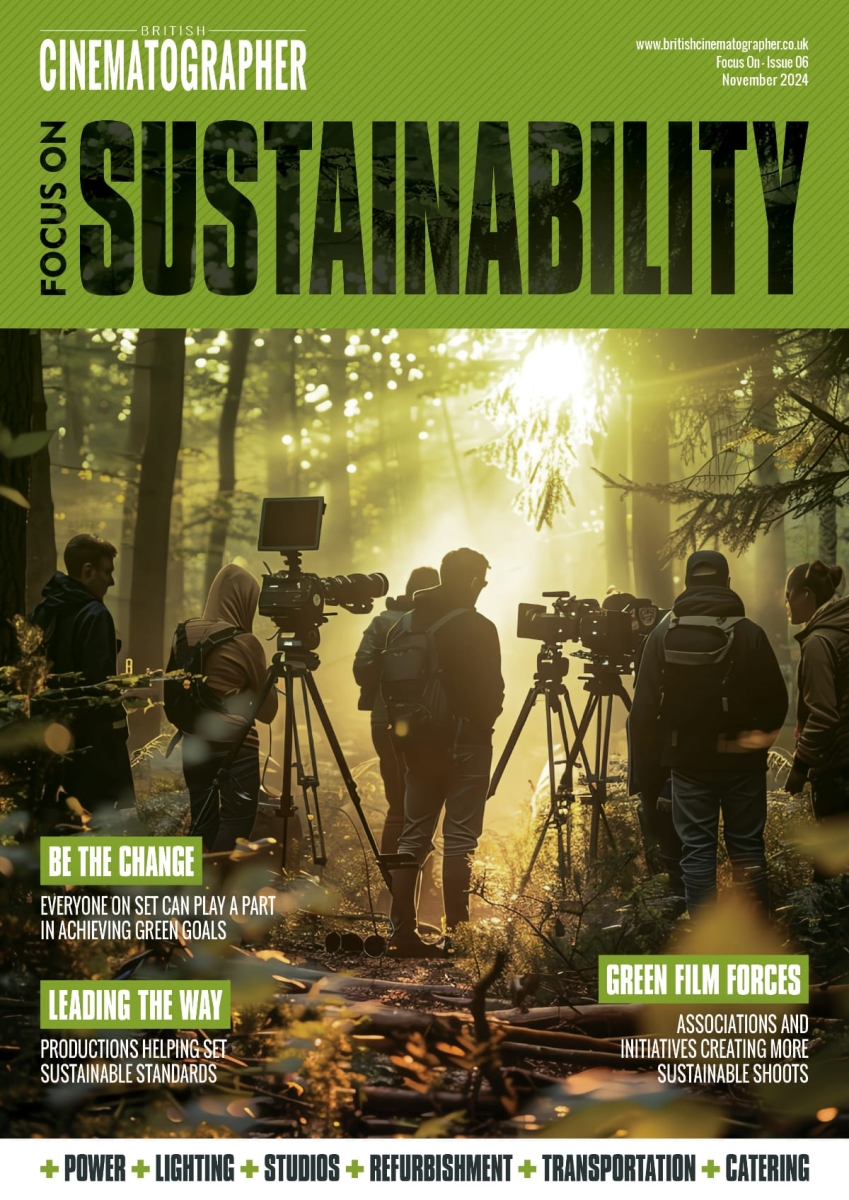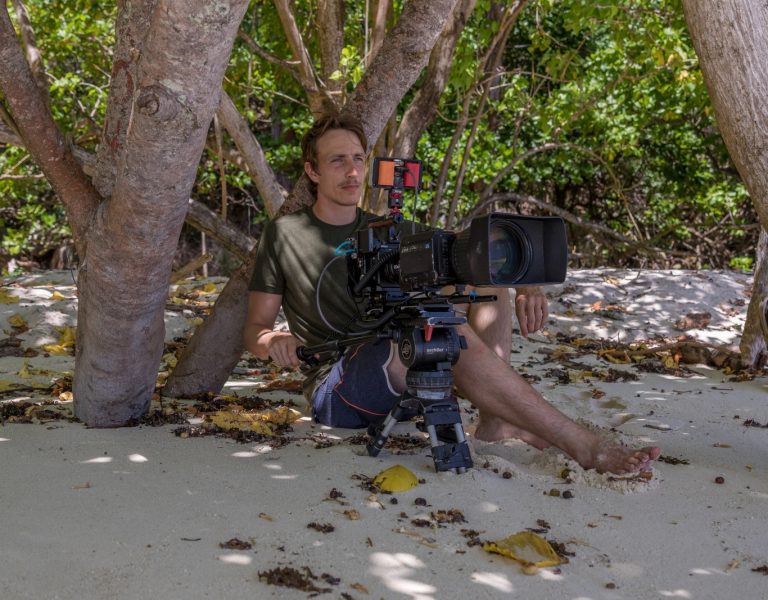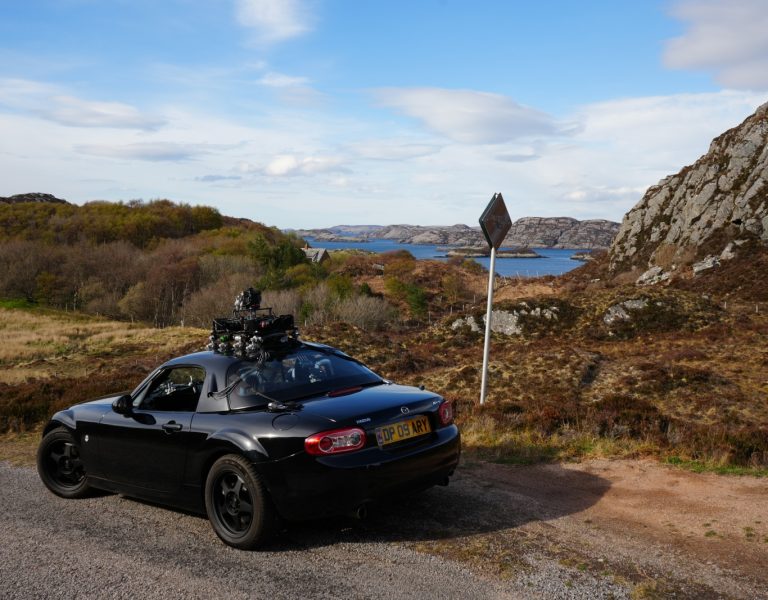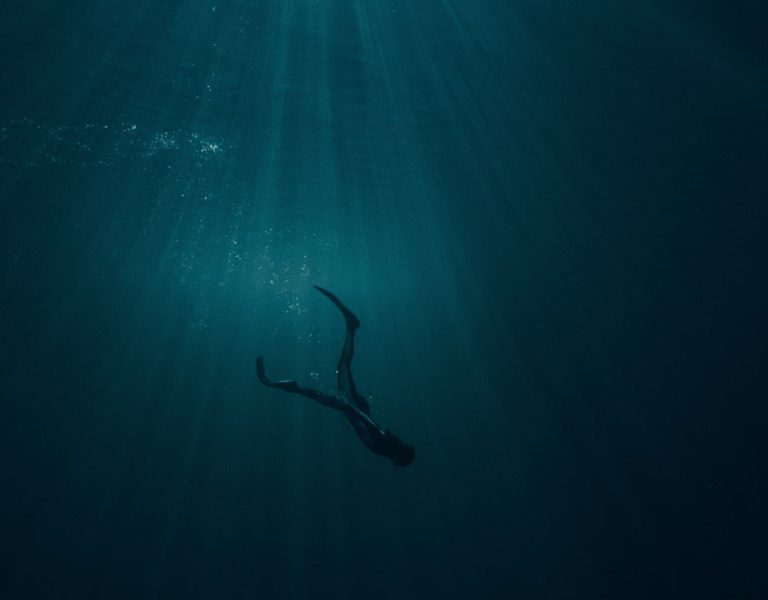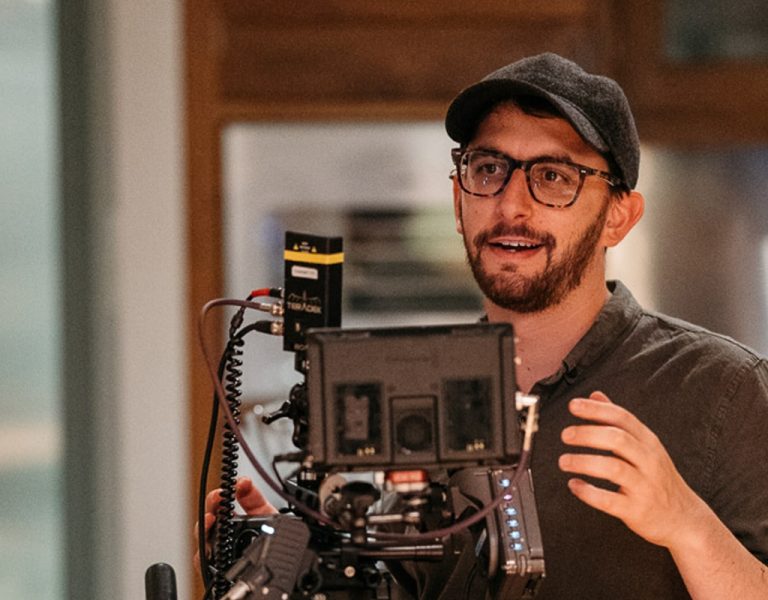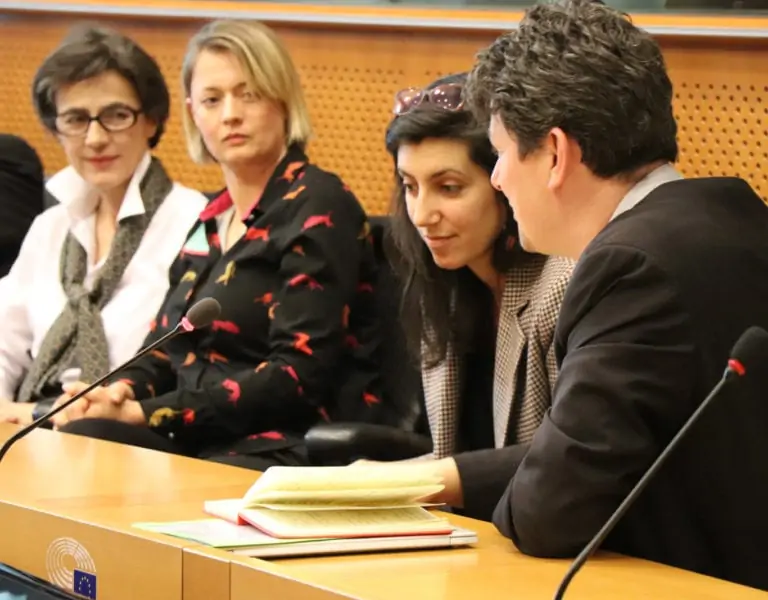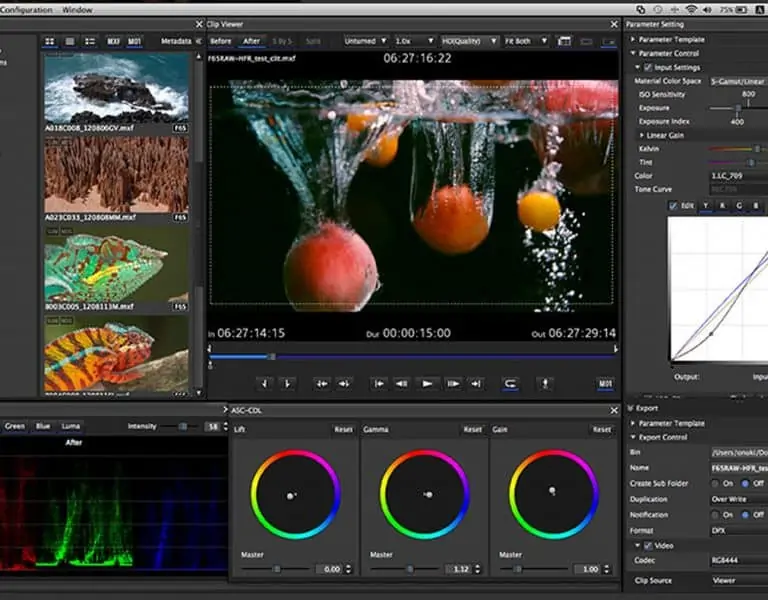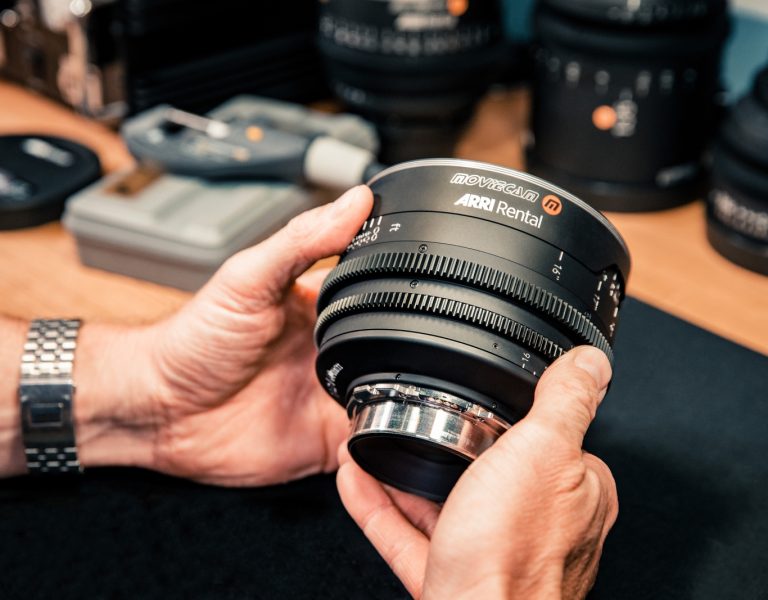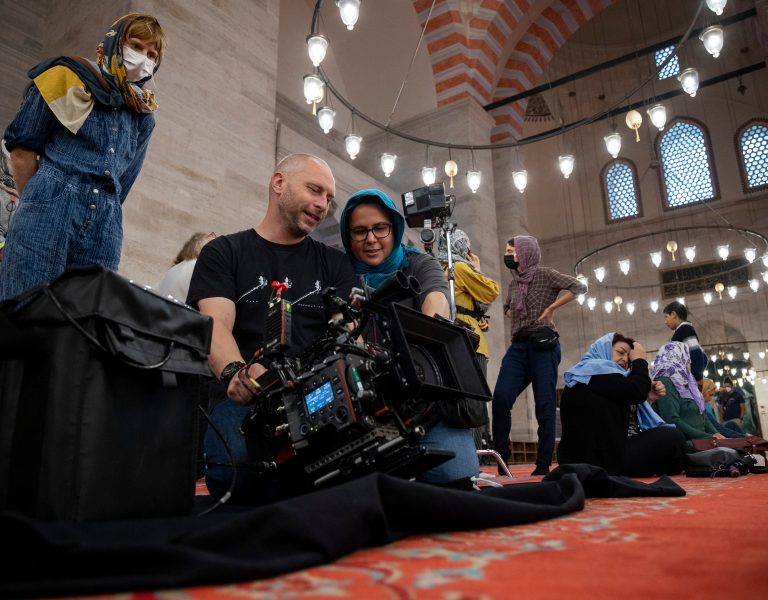IMAGINATION AS EVOLUTIONARY POWER
IMAGO Working Condition Committee’s Kurt Brazda offers his thoughts on the urgent call IMAGO made to the industry following the death of Halyna Hutchins and the work the Committee will do to produce a catalogue of requirements that outlines the most elementary parameters for a humane working environment in the film industry.
The terrible death of the cinematographer Halyna Hutchins and the acquittal of the extreme right-wing shooter Kyle Rittenhouse, who has since become a leading figure of the right-wing community in the US, are closely related. While on the set of Rust it was possible for a group of irresponsible team members, disregarding all safety precautions, to get weapons and live ammunition, with which they then carried out “target practice for fun” on the set. A year earlier in Wisconsin, a 17-year-old was also able without any problems to procure a loaded gun, with which he then killed two people during a demonstration.
Apart from the immeasurable human tragedy, both incidents are marked by a total failure of politics. Both the shooting of the cinematographer on the set in New Mexico and the killing of two demonstrators in the city of Kenosha / Wisconsin could have been prevented as well as countless rampages if the US finally introduced strict gun laws, as they have long been customary in all civilized and democratic countries.
Because American politics is held hostage by the Republican arms lobby, a human life in the United States counts for very little despite repeated assertions to the contrary. The acquittal of the gunman and his “rise” to a patriotic figurehead of the right-wing camp, which insists on gun possession and self-defense, speak all too clear a language. The great nation of the USA, which has always felt itself to be a missionary for democracy worldwide, sees now its own democratic system in danger due to an apparently irreversible split.
But what does all of this have to do with the working conditions that IMAGO complains about in its Urgent Call? A lot, because it is basically about the marginalization and reification of people whose existential threat is consciously accepted. In the film industry, this happens through unreasonable savings and the resulting exploitation of employees in the services of a brutal economy. What is the safety and physical and mental health of people worth when greed and profit set the pace?
More and more people working in film production are no longer viewed as self-determined human beings whose motivated commitment is indispensable for the success of a film, but as pure cost factors that can be replaced by other cheaper ones at any time. The consciously fueled fear of losing their job and exhaustion prevent them from effectively advocating their rights! The perfidious political principle of division is consciously applied here through isolation and discipline through controlled fear of job loss and social decline. This cynical use of human labour has spread epidemically in almost all industries and is therefore not a unique selling point of the film industry. In the film business, however, it is made invisible to the outside through a strong dazzling glamour factor.
In addition, ironically, film narratives again and again, bring humanistic content to the canvas and screen of which is in stark contrast to their often-inhumane production method. Many a figurehead of filmmaking does not stand up to a careful examination of an appreciative behaviour towards their team.
In the Urgent Call, we made it clear that cinematographers and, of course, directors too, have a very special social responsibility due to our position in the team. It is us who must ensure that all colleagues, without exception, are shown the appreciation they deserve. From my own experience as director, I know how important an empathic working atmosphere is to inspire, how a rested and motivated team is capable of top performance and what joy and satisfaction even the most strenuous film work can bring when everyone treats each other with respect.
The Urgent Call is only a first step. Based on its international composition, the IMAGO Working Conditions Committee will produce a catalogue of requirements that outlines the most elementary parameters for a humane working environment in the film industry. It is intended to provide all those who fight for their rights in international filmmaking with a tool to claim these rights in clear language. IMAGO as an international federation will therefore have the great task of creating a global solidarity community that supports its colleagues wherever they are active in these labour disputes. IMAGO is not a union, but with our in-depth collective professional experience supported by countless cinematographers from all over the world, we can provide unions with the content they have to represent. Where there are no professional representation or unions yet, we must encourage filmmakers to set up one.
All of this will also be very challenging, but one thought should be kept in mind: If we want to change something, then we must have the courage to do it ourselves, because no one else will do it for us.
We filmmakers need imagination to pursue our profession, with our work we can create fantastic and touching worlds in the minds of our audience. But imagination is also the ability to think about a world that is better than it is now. With that, imagination has a tremendous subversive and evolutionary power. Let’s join together and use this power!




